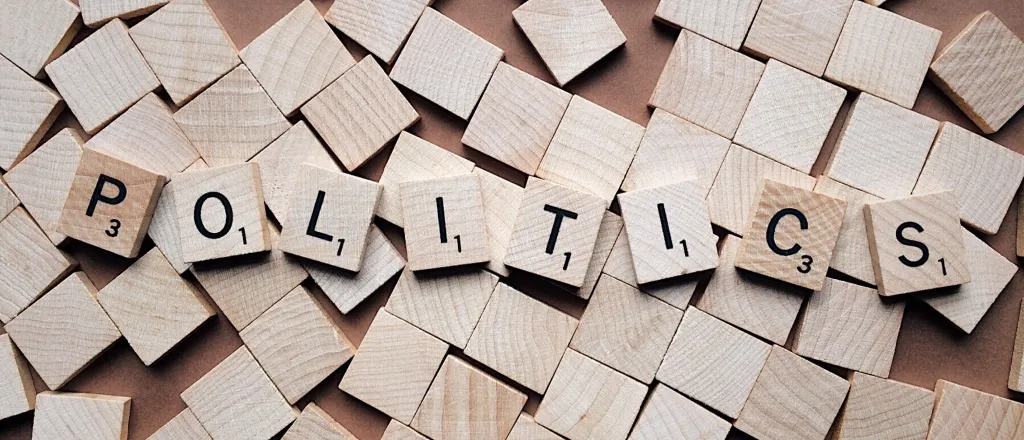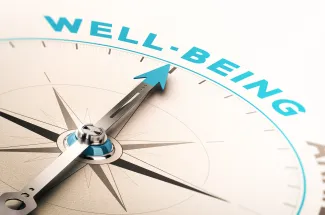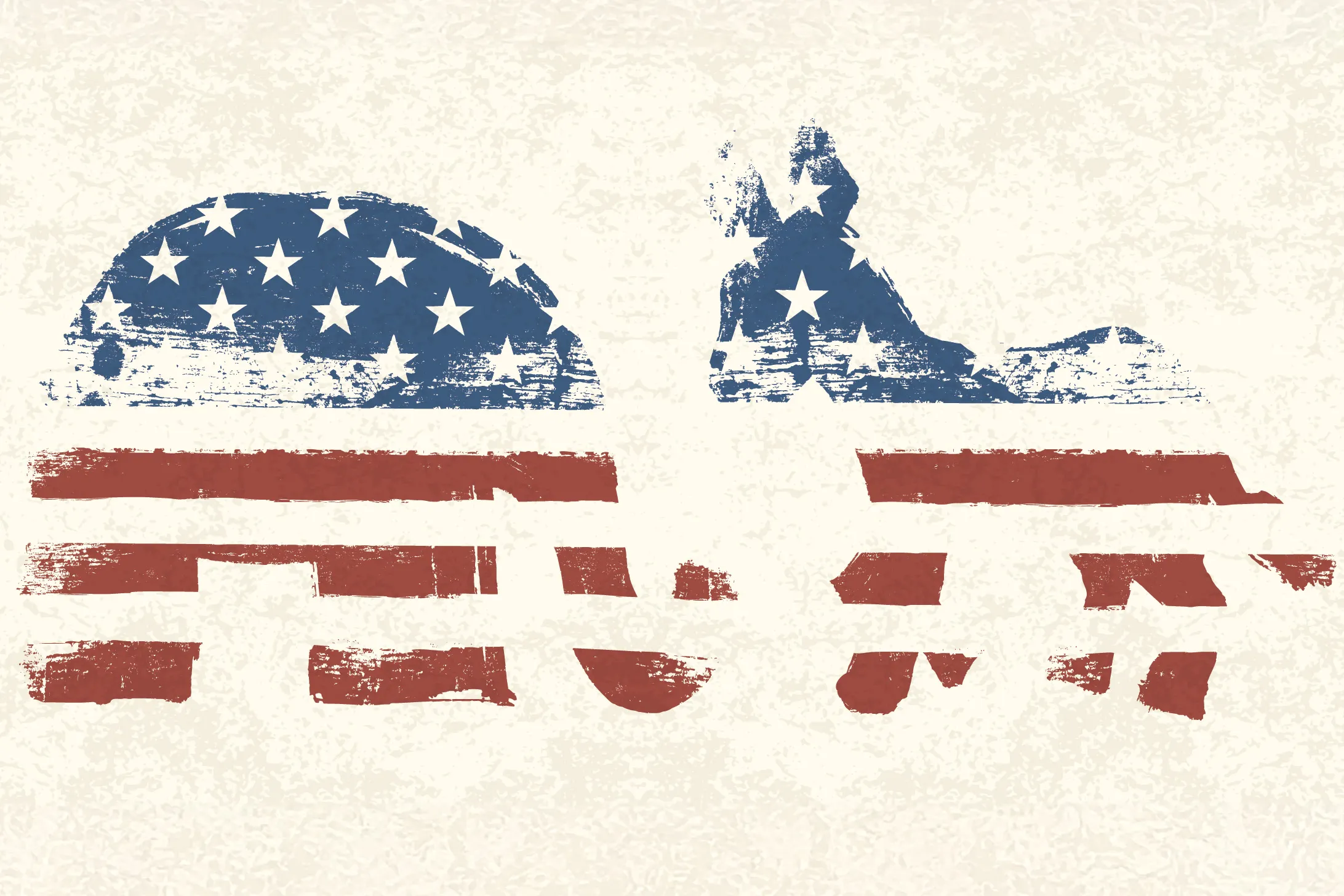
Research: Too much political news can affect your health
Click play to listen to this article.
(Connecticut News Service) As beneficial as it is to keep up with current events, too much political news can be detrimental to a person's mental health.
Numerous studies are finding increased social divisiveness has contributed to growing stress levels among Americans. An American Psychological Association survey noted concern about the nation's future and social divisiveness are high-ranking stressors.
Jennifer Doran, past president of the Connecticut Psychological Association, said there are ways to remain informed while keeping your mental health in check.
"I think limiting is important, because obviously, it doesn't feel good to be totally disengaged and uninformed," Doran explained. "But you know, too much exposure, especially if we know it's having a negative impact on mood and mental health, is not going to be good."

She pointed out taking some time off from using social media can also help, and it is also a good idea to not watch any political news before bedtime. The challenge of keeping to it is also a problem. While you might use social media to check in with friends and family, articles about politics and current events could be all around, waiting to draw your attention.
One thing most studies noted is the trend has been exacerbated since the 2016 presidential election. As politics grew more pervasive between 2017 and 2020, it came with significant health costs to Americans.
Doran noted the 2020 election did little to alleviate those feelings. She said, for better or worse, politics' pervasiveness is permanent.
"You know, in our country especially, there's a very strong sense of, 'You're a Democrat or a Republican, and if you're not the thing that I am, you're terrible, right? You're an awful person. You're terrible,'" Doran observed. "It really just creates this, like, 'in-group/out-group;' very dehumanizing mentality for people that is ultimately not helpful."
She cited the response to the pandemic as a prime example of nonpolitical issues becoming politicized. But Doran stressed the tendency did not start in 2016; it has simply grown since then.

















